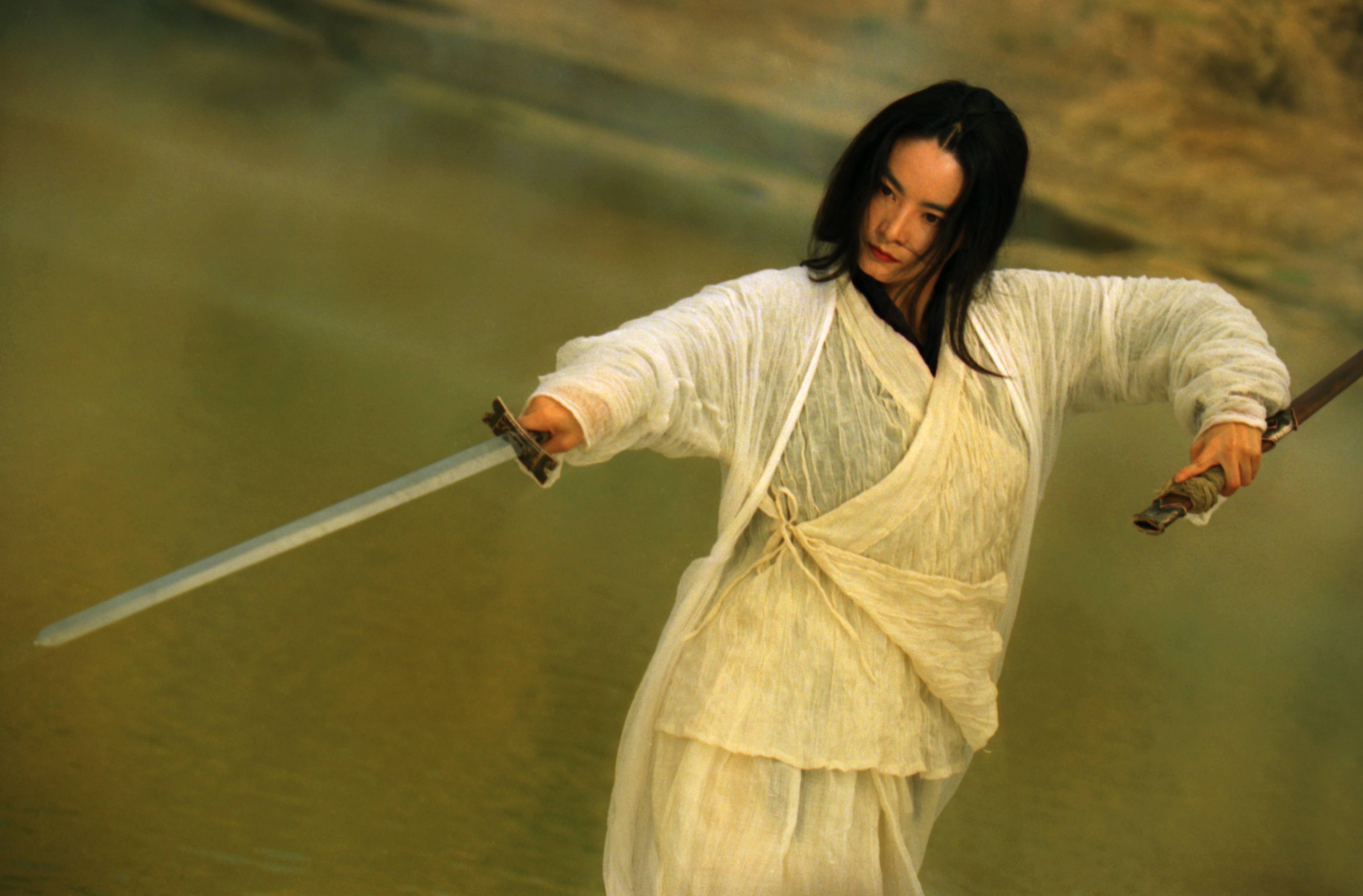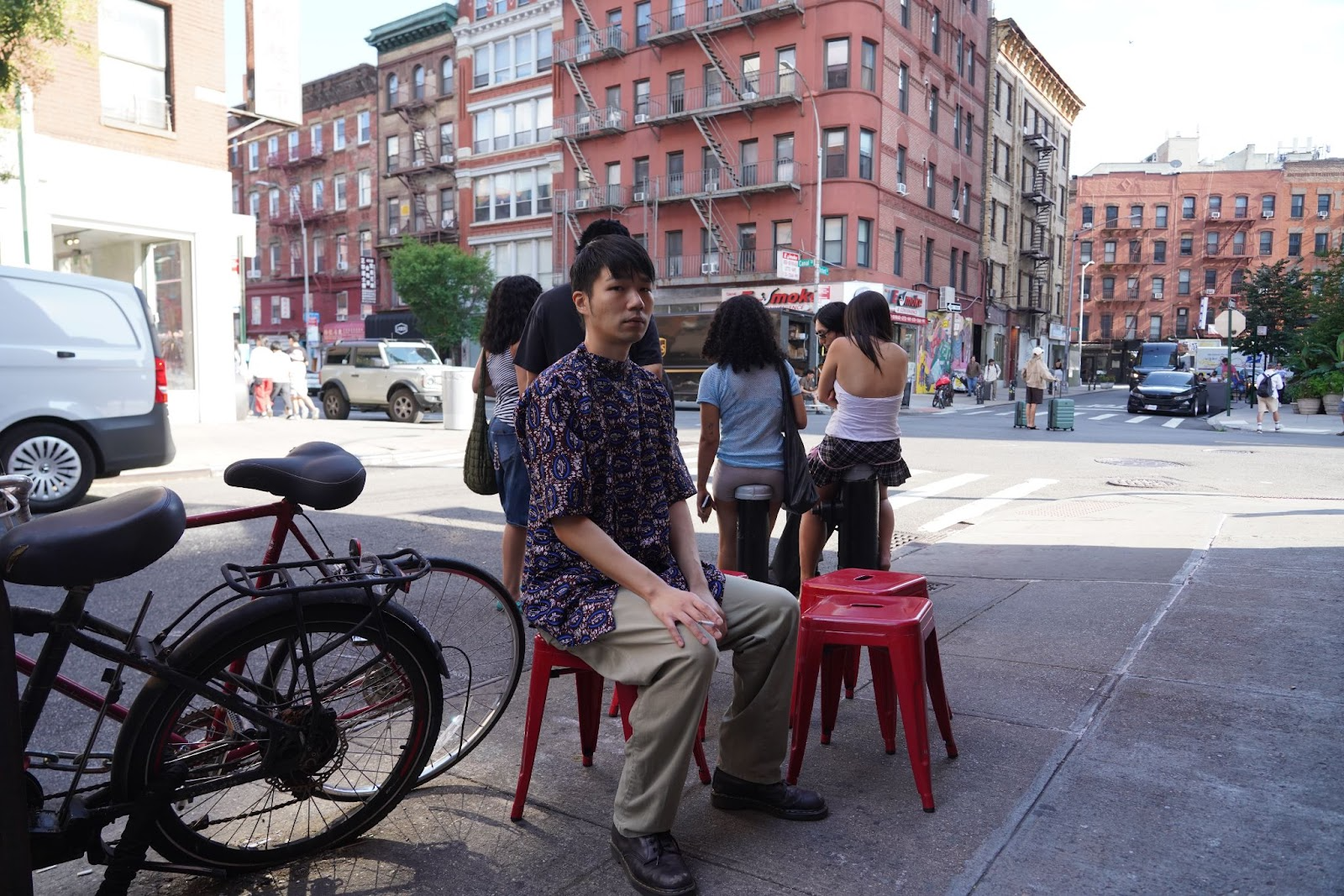As the ‘Ghost Month’—the seventh month of the lunar calendar—descends, bringing with it the traditional belief of spirits roaming the human realm, many are seeking the comforting embrace of a good scare. Because let’s be real, what better way to observe a time when the gates of the underworld are open than by inviting even more spooky things into your life? This year, however, beyond the well-trodden paths of jump scares and slasher flicks, a new wave of fear is emerging from unexpected corners of China’s creative landscape, proving that the best scares aren’t always where you expect them.
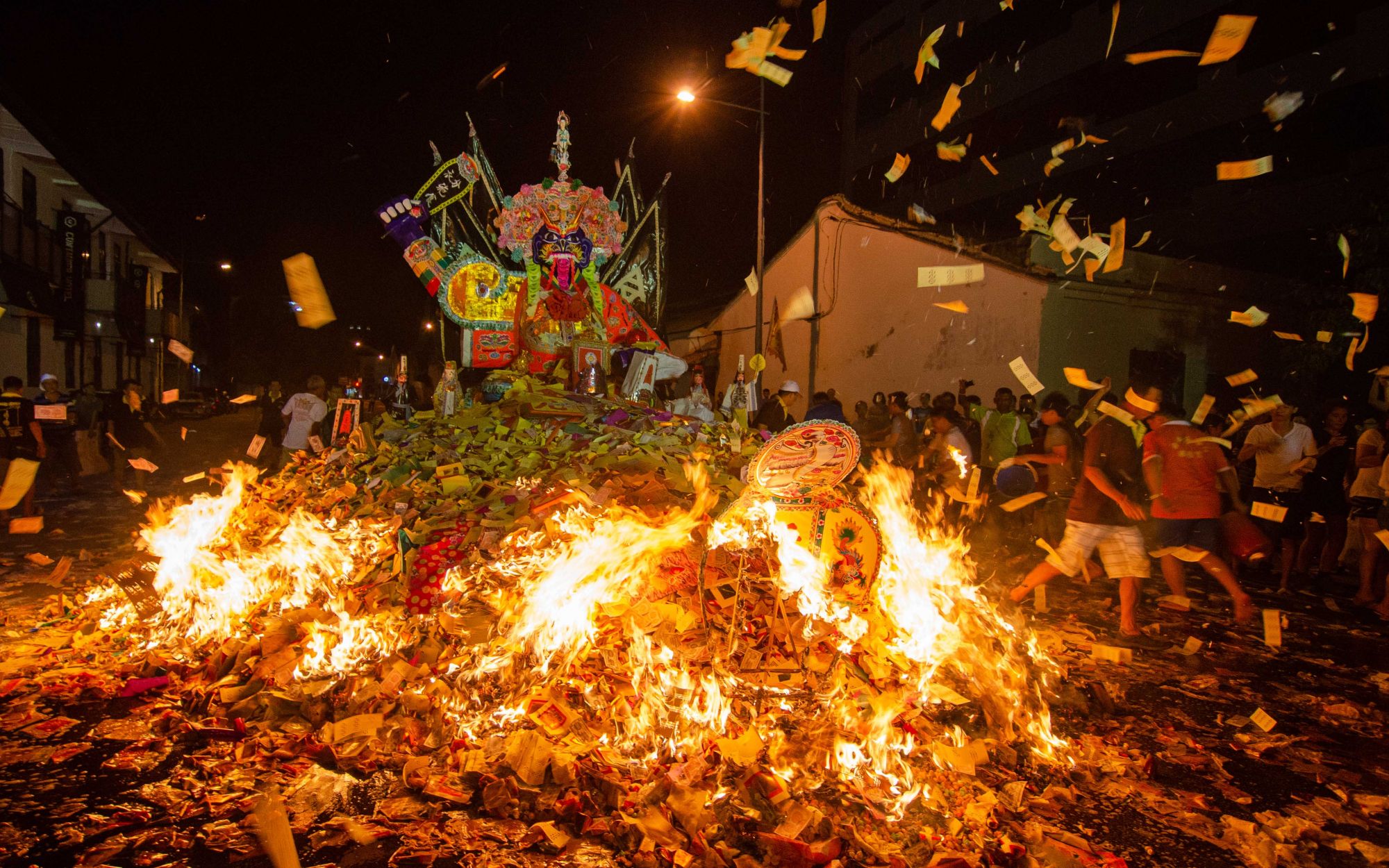
The annual period, known in Chinese as Yu Lan Jie (盂蘭節) or the Hungry Ghost Festival, is steeped in ancient folklore where the spirits of the deceased are said to walk among the living. While traditionally marked by rituals, offerings, and avoiding certain activities (like whistling or hanging out in the shadows—if you’re truly superstitious), today’s youth increasingly observe it by diving headfirst into the supernatural, mostly through popular culture.
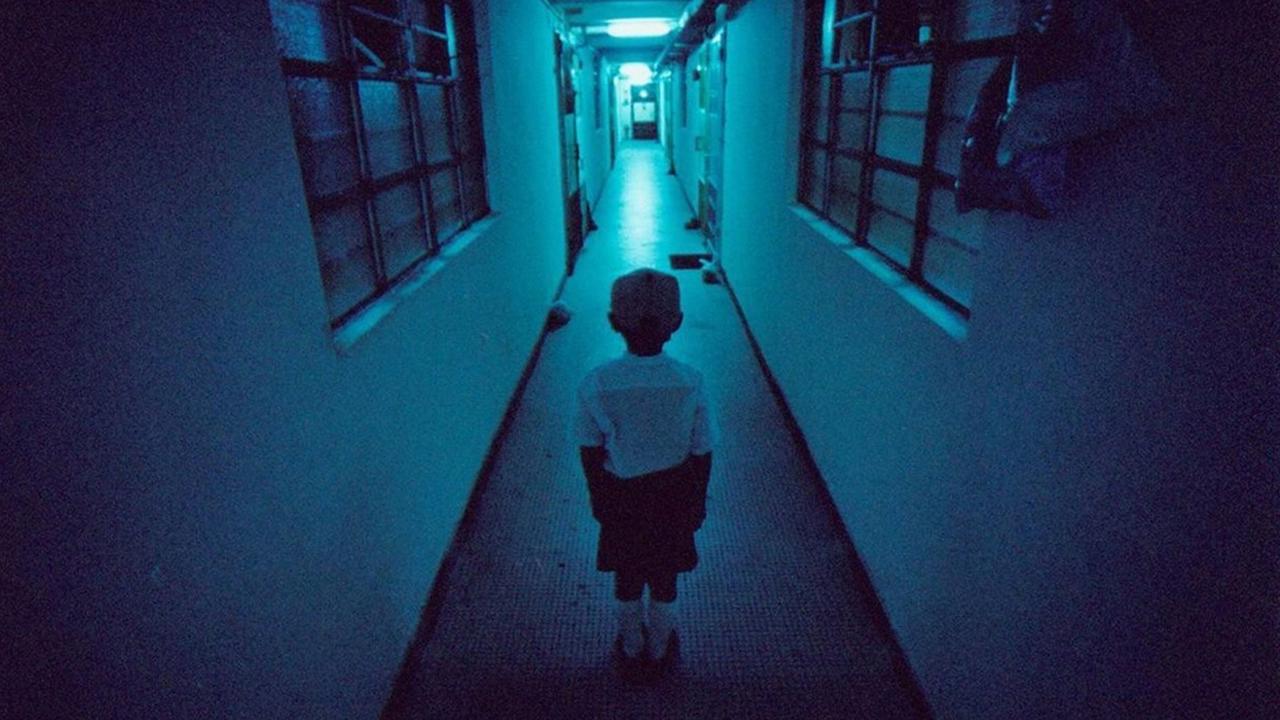
For decades, Hong Kong cinema was the undisputed monarch of Asian horror, producing iconic films like The Eye (2002) and Double Vision (2002) that carved out a distinct niche for psychological and spiritual terror. Then there’s Fruit Chan’s tummy-turning cult hit, Dumplings (2004), that offered that “secret sauce” (no spoilers here), combined with heavy ladles of youth and vanity. These cinematic masterpieces, often laden with Buddhist and Taoist cosmology, weren’t just about visceral gore; they tapped into deep-seated cultural anxieties and beliefs, making them profoundly unsettling in a way that generic Western horror rarely achieved.
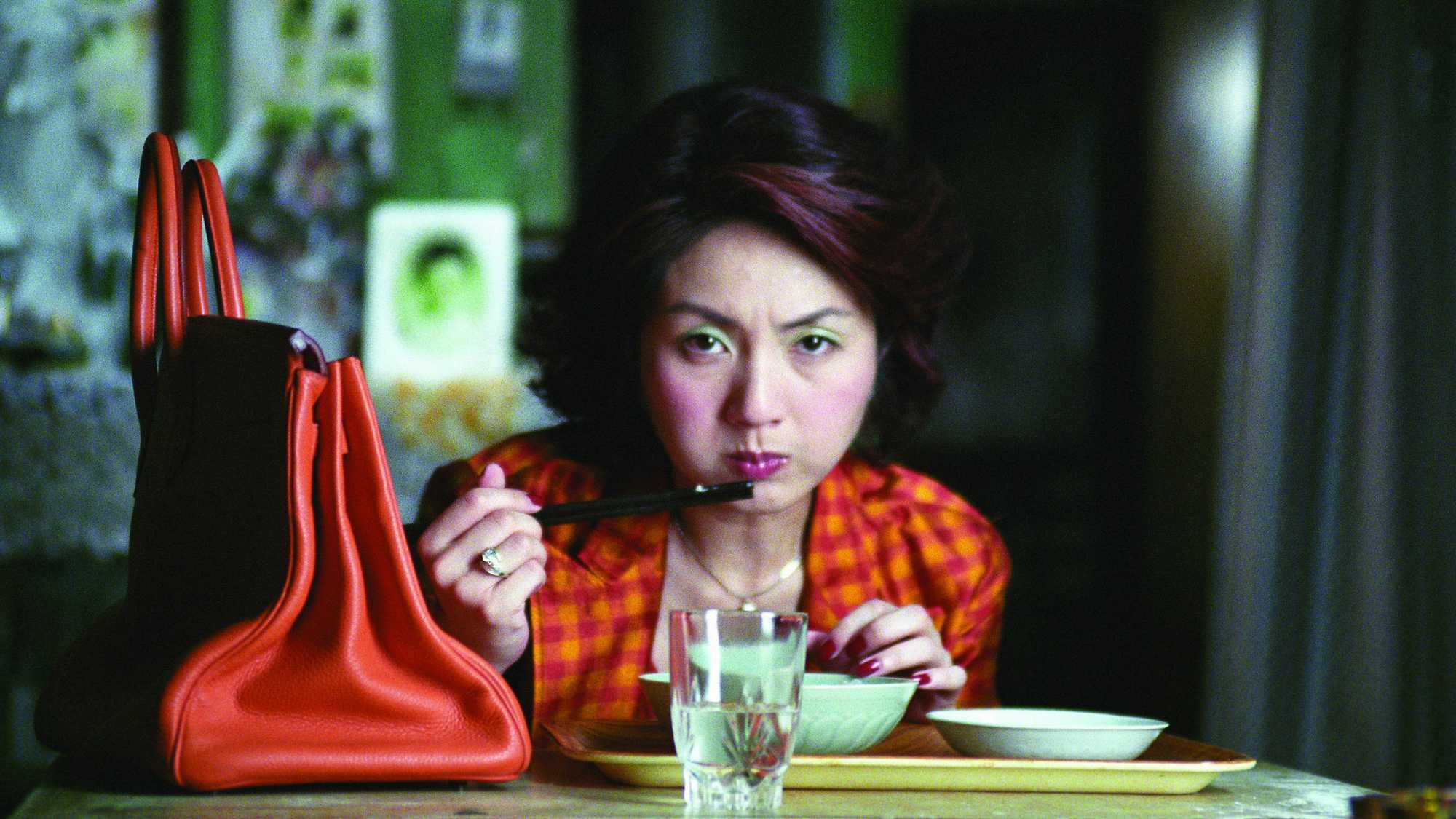
And then you’ve got kung fu meets ghosts in Juno Mak’s film Rigor Mortis (2014), an action-packed horror that, according to the director, serves as a tribute to the jiangshi-inspired (Chinese folklore’s “hopping corpses”) Mr. Vampire films. Now, the classics, like Herman Yau’s The Wicked Ghost (1999), with its relentlessly vengeful drowned schoolgirl, or the poignant psychological dread of Leslie Cheung’s final film, Inner Senses (2002), remain touchstones for a reason.
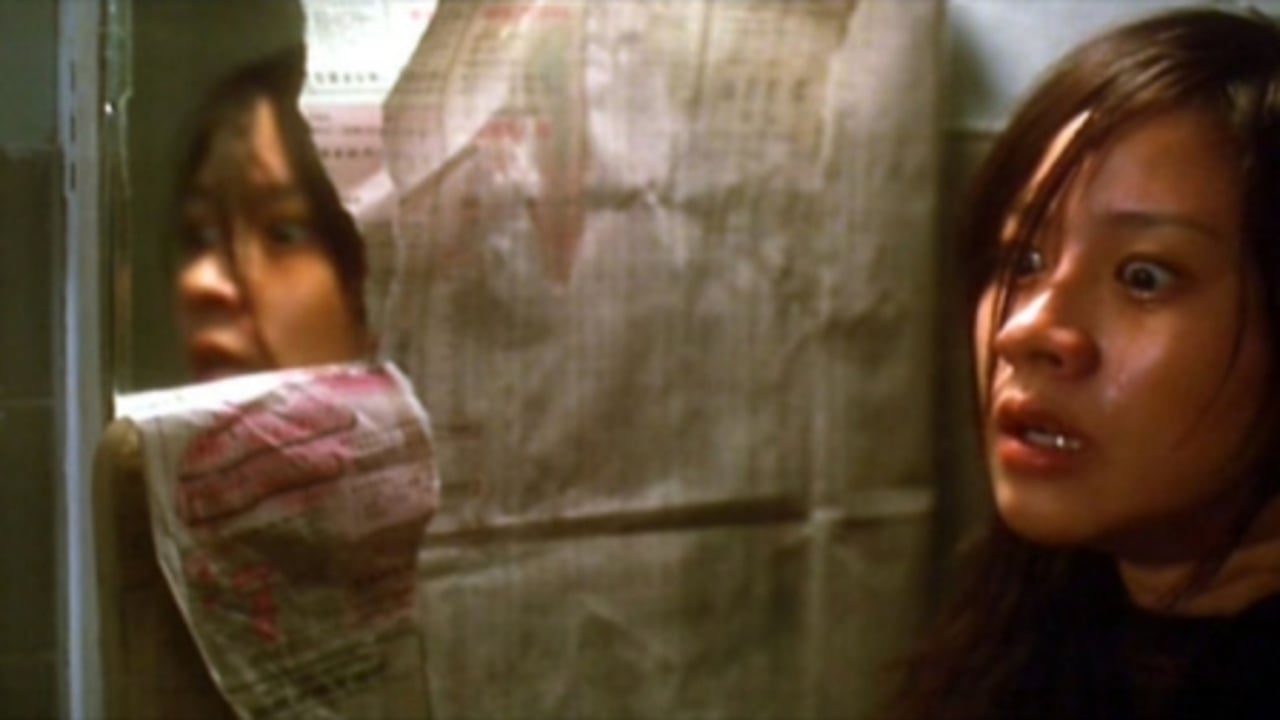
Fast forward to today, and while these cinematic specters still hold their chilling grip, a vibrant, often overlooked, segment of China’s creative scene is redefining horror for a new generation: independent video games. These titles, a stark contrast to big-budget blockbusters, are deeply personal and culturally resonant, often developed by small teams with a passion for storytelling and an intimate understanding of local folklore. They represent a significant shift from the more overt, commercialized entertainment, delving instead into nuanced narratives that explore cultural identity and historical memory.
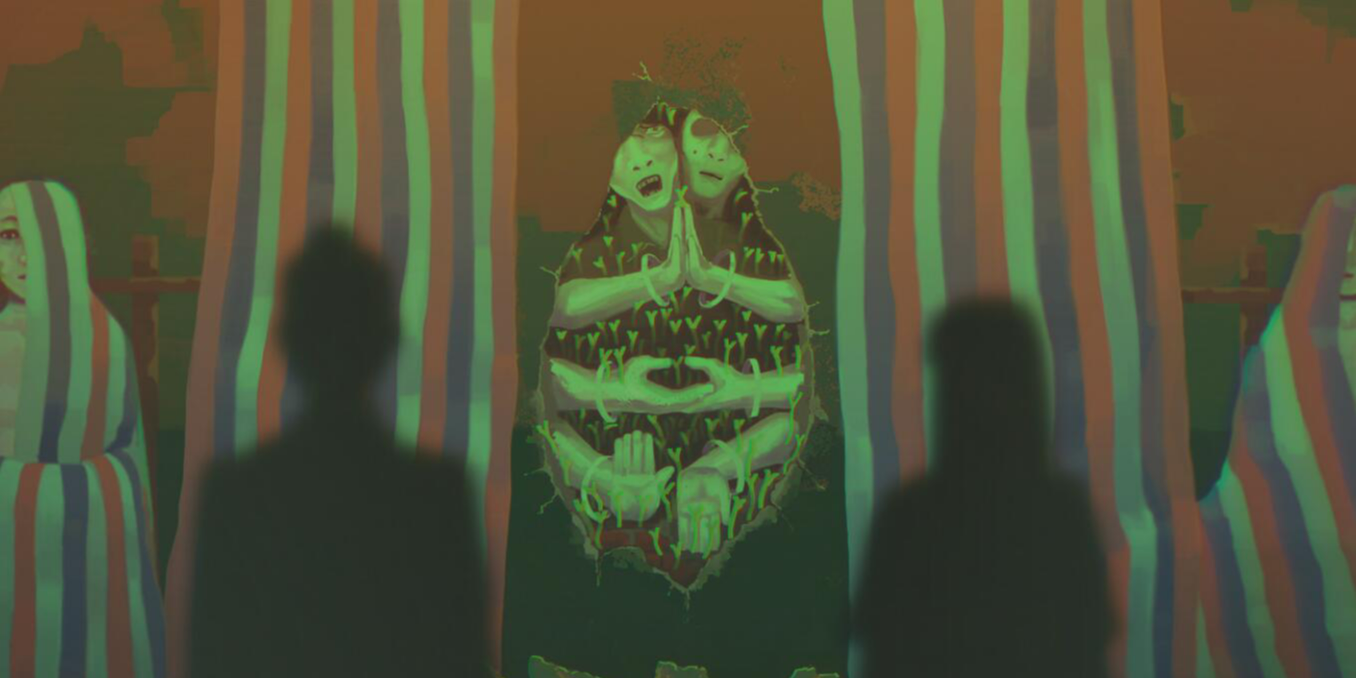
This indie horror wave is particularly adept at leveraging ‘Chinese internet trends’ and ‘Gen-Z culture.’ Many games, such as Sanfu and Happy Lane 403, evoke strong feelings of early 2000s nostalgia, a potent emotional trigger for younger players who grew up during this transitional period in China. They blend supernatural elements with crime thrillers or psychological drama, creating narratives that are not just scary but also deeply atmospheric and thought-provoking.
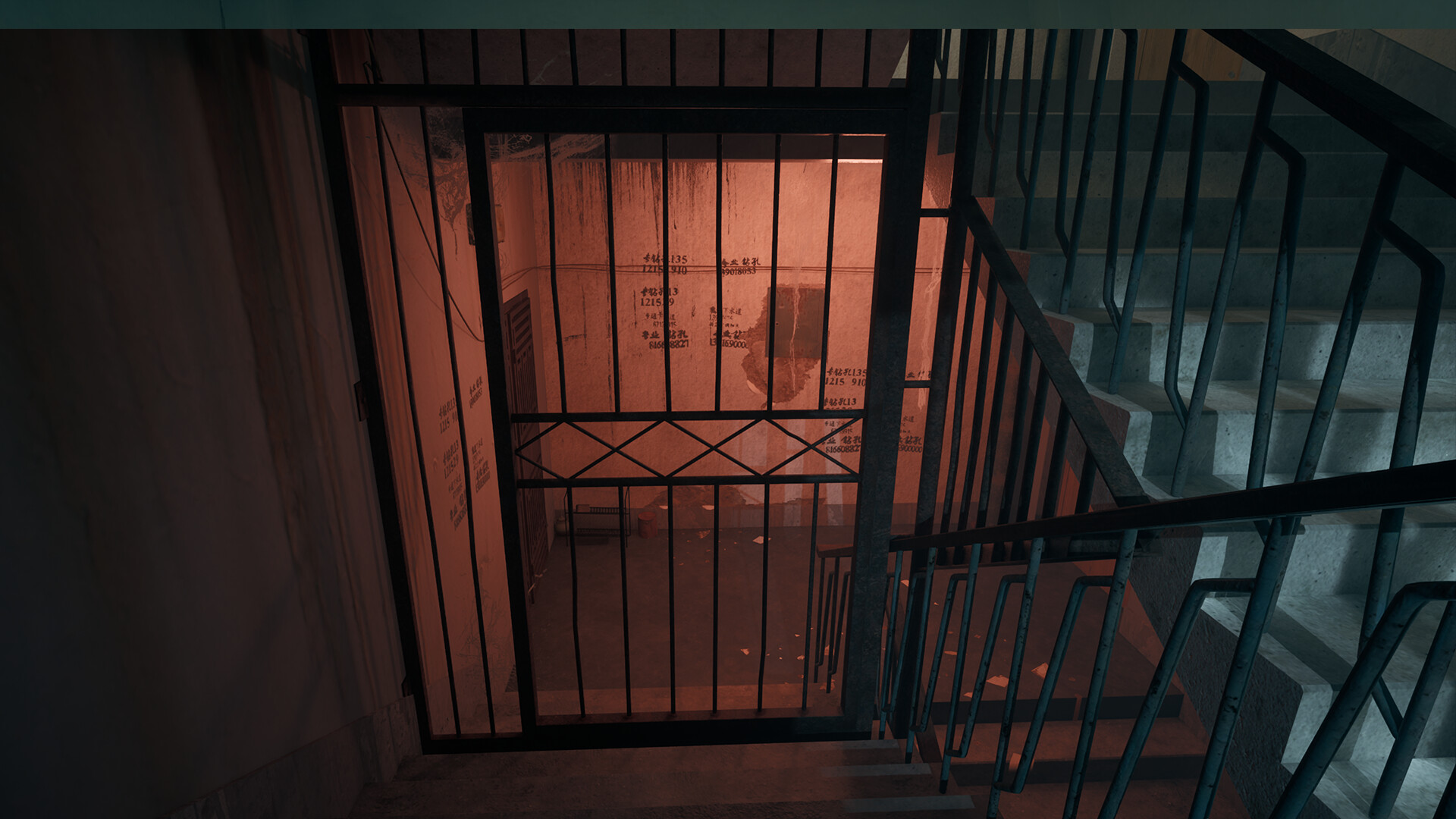
This isn’t just about cheap scares; it’s about exploring trauma, societal pressures, and the uncanny familiar, all through a distinctly Chinese lens. The Grotto Diary, for example, is a first-person horror adventure that explicitly draws inspiration from literary giants like Lu Xun, grounding its horror in an intellectual tradition that’s unmistakably Chinese rather than relying on Western tropes. Similarly, the side-scrolling puzzle game Return employs authentic Hokkien dialect voice acting, immersing players in a specific regional experience that global audiences rarely encounter, making it a unique cultural artifact as much as a game.
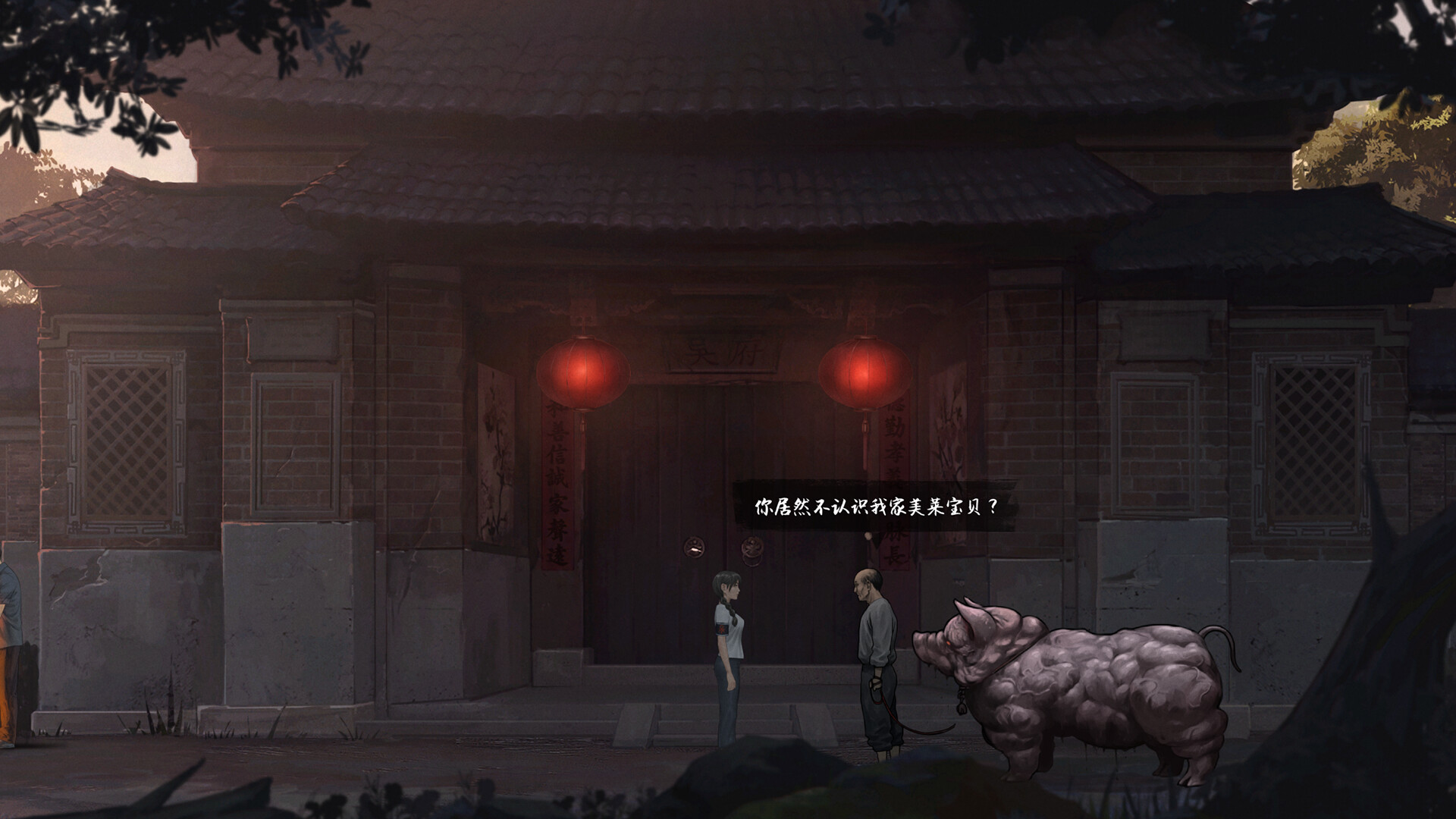
Titles like Shaqing (杀青) lean into ‘weird-core/dream-core’ aesthetics, a subculture popular on platforms like Douyin and Bilibili, creating surreal, distorted realities that resonate with a generation comfortable with blurring the lines between dream and waking life. The game’s standout early-2000s aesthetic meticulously crafts an uncanny atmosphere through familiar yet distorted environments, hitting that sweet spot of nostalgic unease. The meticulous attention to detail in recreating specific eras, local dialects, and unique mythologies speaks to a broader movement among Chinese developers to tell their own stories on their own terms, and to find a global audience hungry for authentic, non-Hollywood narratives.
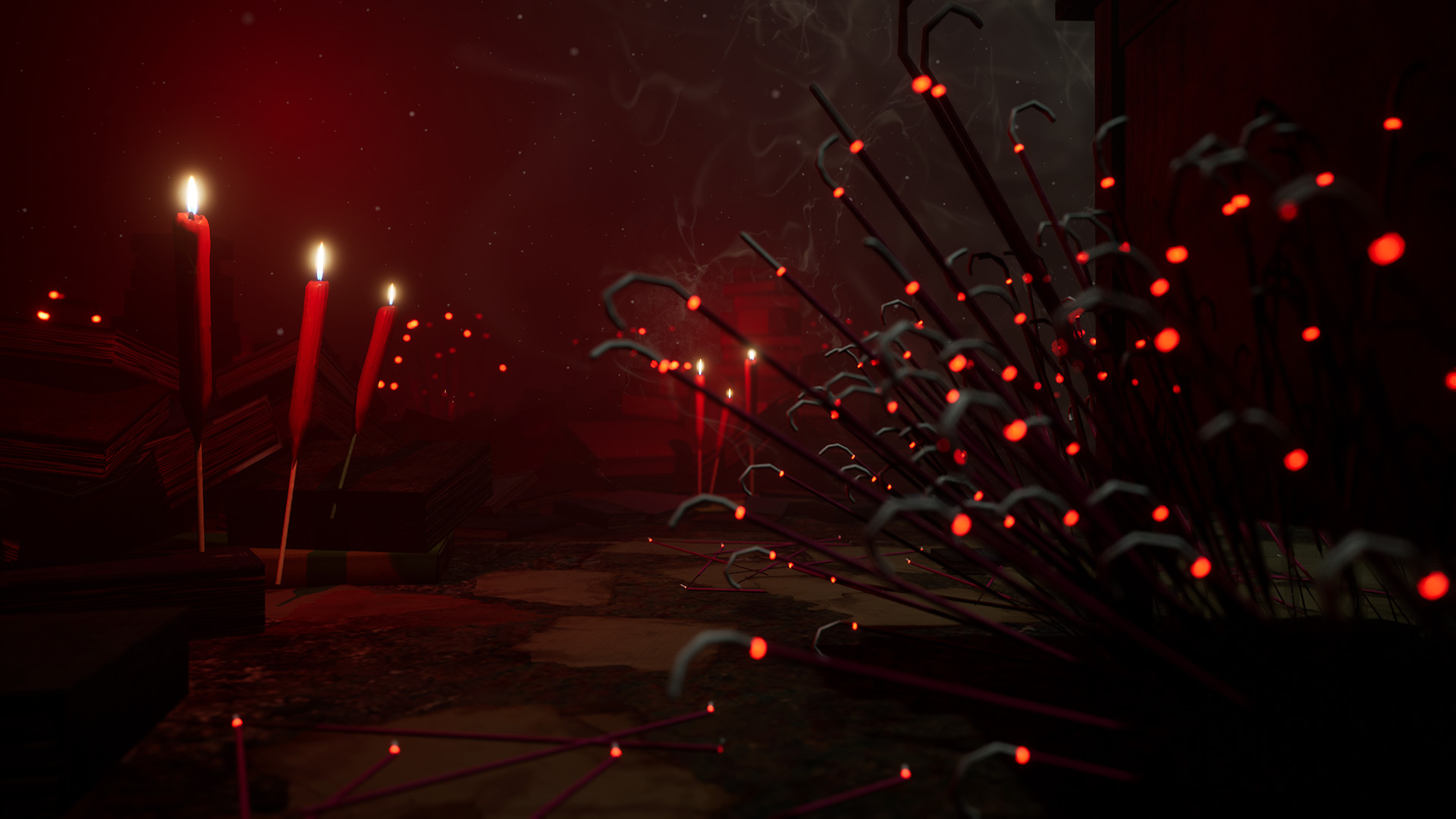
A quick search on Bilibili for hashtags like #中国独立游戏 (#ChineseIndieGame) or #恐怖游戏 (#HorrorGame) reveals a thriving community discussing, playing, and even developing these titles, often showcasing a passionate, niche subculture.
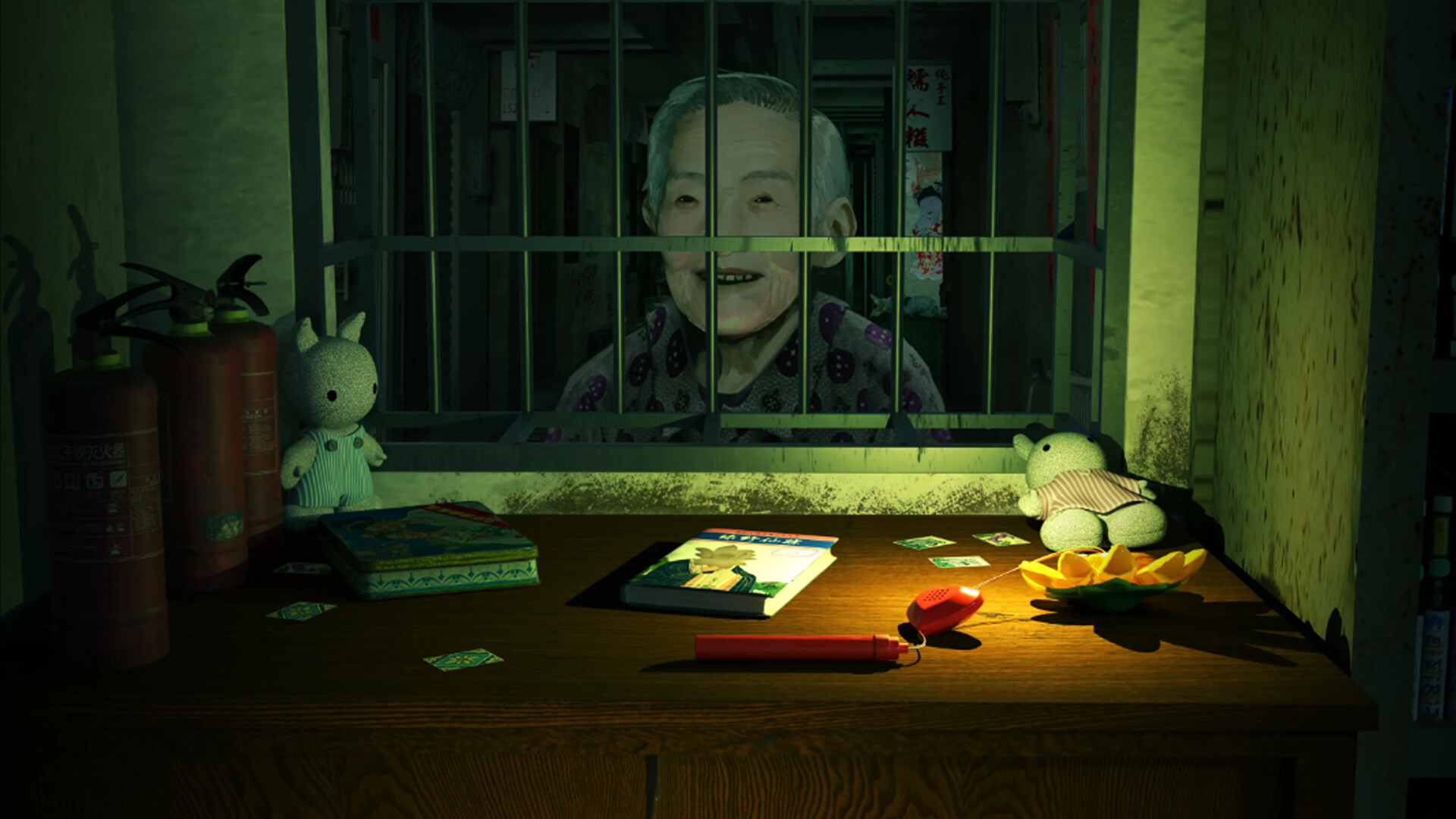
Even visual novels like Zero-Sum Heart delve into themes of love, sacrifice, and the supernatural pacts we make, trading jump scares for existential dread. It’s a far cry from the haunted houses of yesteryear, instead exploring the psychological horror of human desire. These games are finding traction not just within China but also gaining international recognition, demonstrating the universal appeal of well-crafted horror rooted in unique cultural contexts.
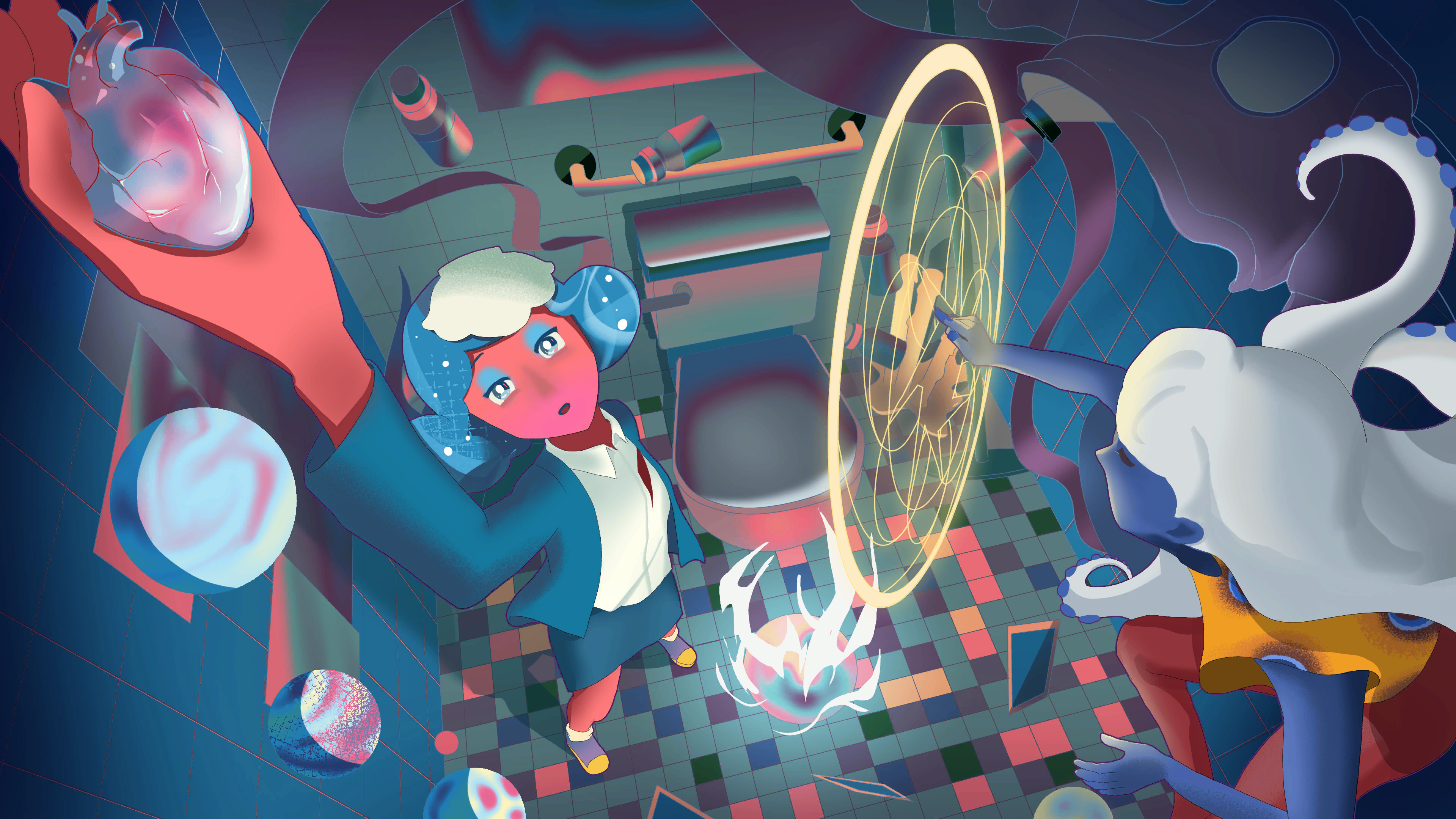
So, for this Ghost Month, whether you’re revisiting some of the aforementioned classic horror flicks, or jumping into the new spirits stirring in China’s indie game scene, China’s Indie horror scene aren’t just offering scares; they’re offering a nuanced, culturally rich, and often deeply personal exploration of fear that promises to haunt you long after the screens go dark.

Cover image via Steam.






